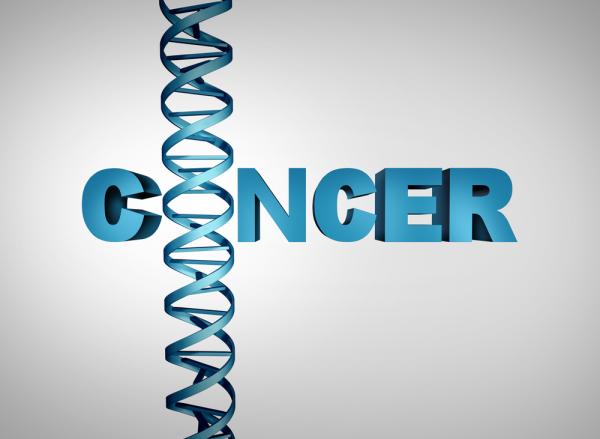
Cancer treatment is generally thought of as location based - targeting the cells in a lump or tumor by removing them completely and/or through chemotherapy or radiation. But, more recent thinking suggests that the location of the cancer cells may not be as important for treatment as the characteristics of the cells themselves. Instead of treating cancer cells based on where they are - researchers hope to treat the cells based on what they are.
That is just what a new immunotherapy cancer drug, Keytruda, from Merck & Co. is designed to do. This week, Keytruda (pembrolizumab) became the first cancer drug approved by the Food and Drug Administration (FDA) that targets cancer cells based on their genetics - not their location. In fact, the drug was granted accelerated approval which is generally given to drugs that, although they have not been completely tested, show promise for serious conditions. Merck will continue studies to prove the drug's efficacy.
In essence, Keytruda is bringing the future of cancer treatment into the present. There has been years of thought and discussion regarding personalized medicine - the idea that a disease may be treated differently in one person versus another person based on their genetic background.
Keytruda's approval is noteworthy because, although Keytruda had already been approved to treat other cancers, this most recent ruling means that it can be used in a new way - on any solid tumor that 1) cannot be removed through surgery and has progressed despite previous treatment and 2) has a particular genetic mutation that leads to it being microsatellite instability-high (MSI-H) or mismatch repair deficient (dMMR). This amounts to roughly four percent of cancer cases (15,000 to 20,000) each year in the United States.
Tumors falling into this category are common in colorectal, endometrial and gastrointestinal cancers. They also appear in breast, prostate, bladder, pancreas, thyroid gland cancers and others.
Keytruda works by helping the immune system recognize cancer cells. Cancer cells can bind to T cells of the immune system by binding to a protein called 'programmed cell death 1' (PD-1.) When they do, the T cell is inactive, and the cancer cell can avoid destruction by the T cell. However, if the binding of the cancer cell to the T cell is blocked, the T cell will remain active and is able to attack the cancer cell. Keytruda works to make this happen. The drug is an anti-PD1 antibody that works to block PD-1 - allowing the immune system to better recognize cancer cells.
Tumors that have the genetic dMMR/MSI status have a mutation that leads to a decreased ability to fix damaged DNA. They have distinct characteristics when compared with other tumors including abundant tumor infiltrating lymphocytes. It is these characteristics that make these people better candidates for using Keytruda. Luckily, the tests for this genetic aspect are widely available.
It has been known for a long time that two different breast cancers may only have only one thing in common - their location. The approval of Keytruda is opening the door to not only new cancer drugs, but is redefining how we think about cancer treatments. Focusing on genetic markers over location is the future of cancer treatment and Keytruda is paving the way for personalized medicine not only for cancer treatment, but other diseases as well.



